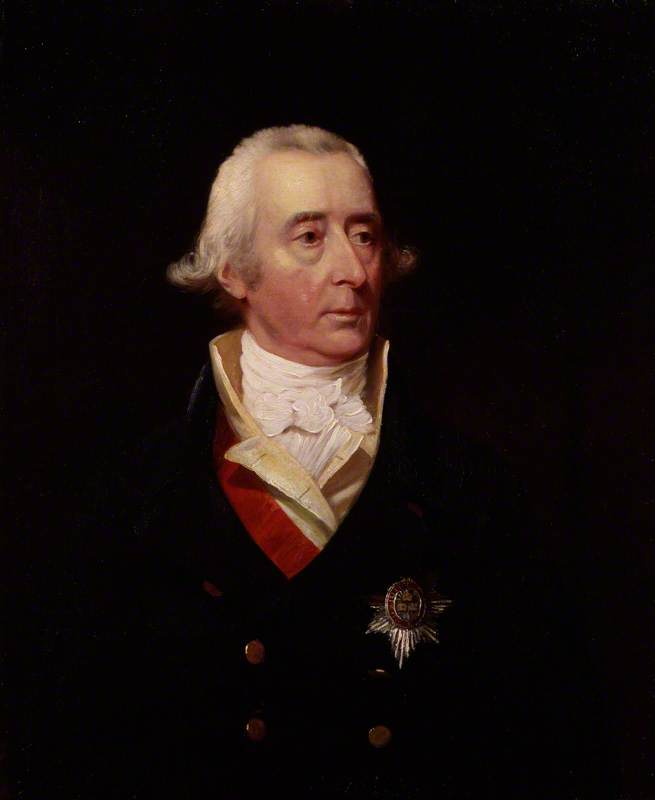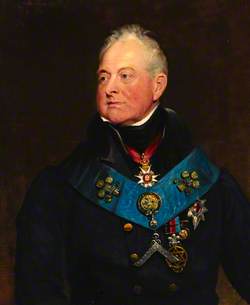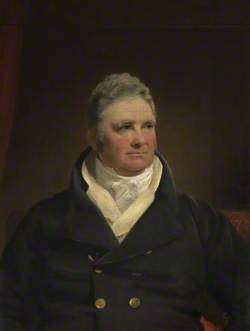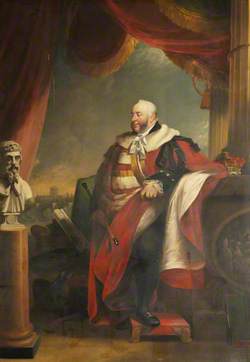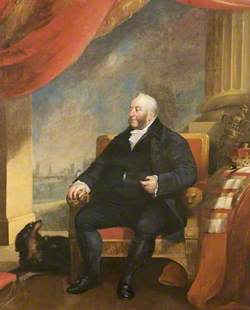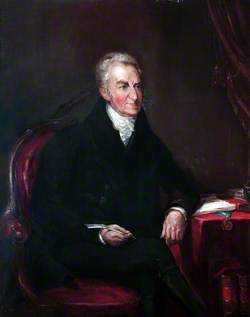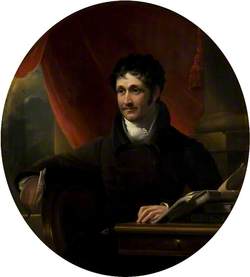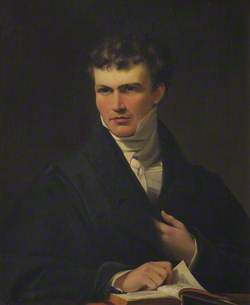How you can use this image
This image can be used for non-commercial research or private study purposes, and other UK exceptions to copyright permitted to users based in the United Kingdom under the Copyright, Designs and Patents Act 1988, as amended and revised. Any other type of use will need to be cleared with the rights holder(s).
Review the copyright credit lines that are located underneath the image, as these indicate who manages the copyright (©) within the artwork, and the photographic rights within the image.
The collection that owns the artwork may have more information on their own website about permitted uses and image licensing options.
Review our guidance pages which explain how you can reuse images, how to credit an image and how to find images in the public domain or with a Creative Commons licence available.
Notes
Add or edit a note on this artwork that only you can see. You can find notes again by going to the ‘Notes’ section of your account.
Politician; he is believed to have been the author of the anonymous 'Junius' letters, which attacked the government and the political influence of George III. Sent to Calcutta in 1774 as an adviser, he came into conflict with Warren Hastings, accusing him of corruption. Their rivalry ended in a duel which left Francis wounded. Sir Phillip Francis is best known as the likely author of the Letters of Junius (1769–1772), an anonymous series of brilliant political polemics which were one of the literary sensations of the late eighteenth century. Having filled a number of government posts in England and become a well-known scourge of corruption in the British administration, he went to India in 1774 as a member of the Supreme Council of India.
Title
Sir Philip Francis
Date
1806–1810
Medium
oil on canvas
Measurements
H 74.9 x W 61 cm
Accession number
334
Acquisition method
Purchased, 1871
Work type
Painting
